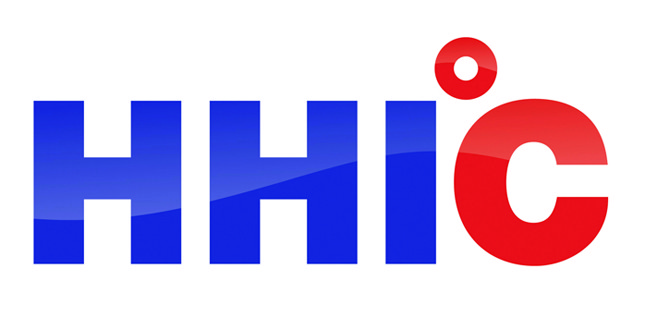

On 27 March, representatives from across the heating industry met at the Heating and Hotwater Industry Council (HHIC) offices to review and discuss the matter of frozen condensate.
The HHIC met with the Association of Plumbers and Heating Contractors (APHC), Chartered Institute of Plumbing and Heating Engineering (CIPHE), manufacturers, and individual heating engineers to discuss the issue. The group of industry representatives is now calling upon the government for greater enforcement and strengthening of building regulations.
An efficient condensing boiler will generate around 2l of condensate an hour at a temperature of around 30-40°c, this needs to be piped to the waste water system or to a drain.
British Standard 6798 states that “wherever possible, the condensate drainage pipe shall be terminated at an internal foul water discharge point”. Where there is no other option than to run the pipe externally, the pipe needs to be increased to at least a 30mm inside diameter, and insulated to help prevent freezing.
Greater awareness and enforcement of this standard is needed, says the group, as well as more emphasis on supporting solutions such as internal insulation or trace heating products.
Stewart Clements, Director at the HHIC, said: “We called this ‘summit’ to discuss what needs to be done to prevent a repeat of the problems the industry, and of course consumers experienced earlier in the month. It meant looking at existing regulations around boiler installations; preventative measures to protect external pipework from freezing and what advice and guidance consumers need.
“We had a wealth of experience on the day. The HHIC, together with the APHC and the CIPHE, met with manufacturers and individual heating engineers, recognising that action must be taken. Which speaks volumes for the industry.
“From the feedback we have received, it has become clear that there was a significant proportion of installations that were not installed to current standards and manufacturer’s instructions. That said, we are acutely aware that in extreme weather conditions external pipework carrying water is at risk of freezing, particularly when there is a high wind chill factor. Obviously, it is difficult to legislate against the most extreme weather conditions. However, we believe it is time for the government to act.
“Greater enforcement and strengthening of the Building Regulations will reduce this risk of boiler condensate pipes freezing. Industry will now work with the government to seek the change required. In the meantime, we will continue to advise consumers and Gas Safe engineers to assess that the condensate discharge pipe is compliant with the manufacturer’s instructions during their boiler service.”
If you'd like to keep up-to-date with the latest developments in the heating and plumbing industry, why not subscribe to our weekly newsletters? Just click the button below and you can ensure all the latest industry news and new product information lands in your inbox every week.